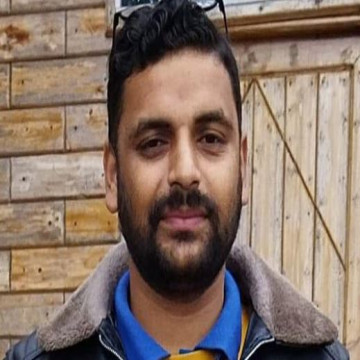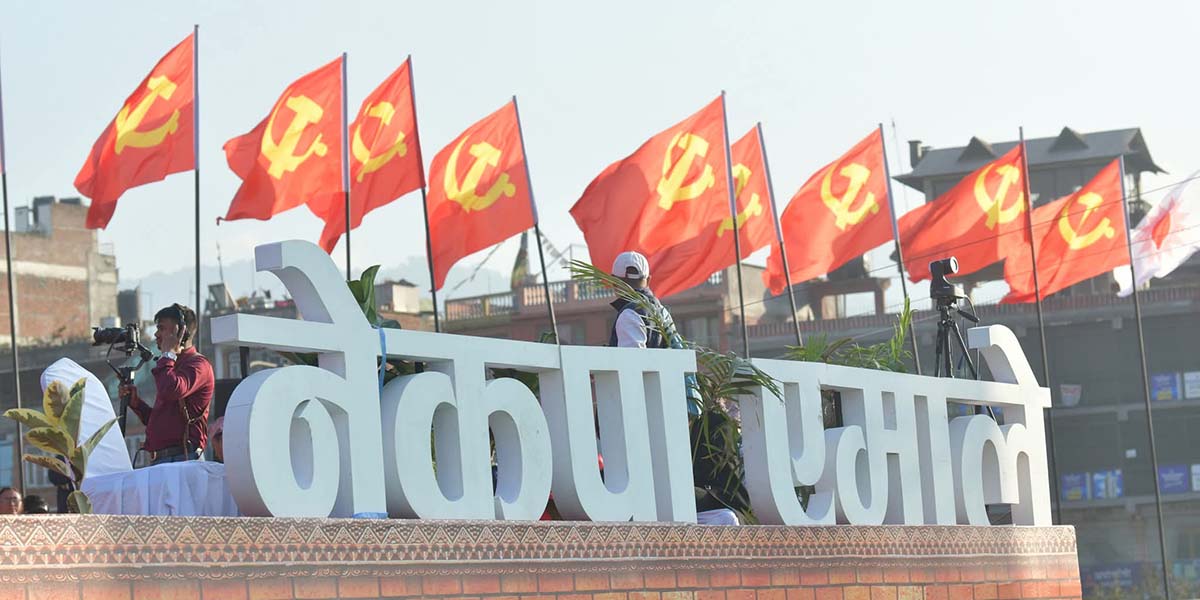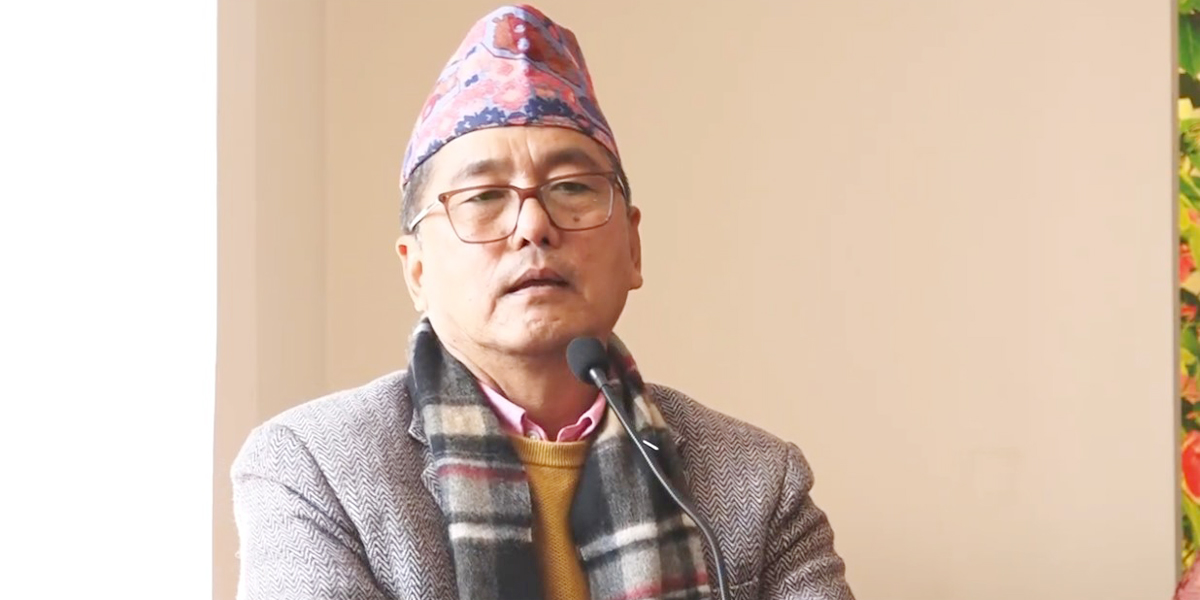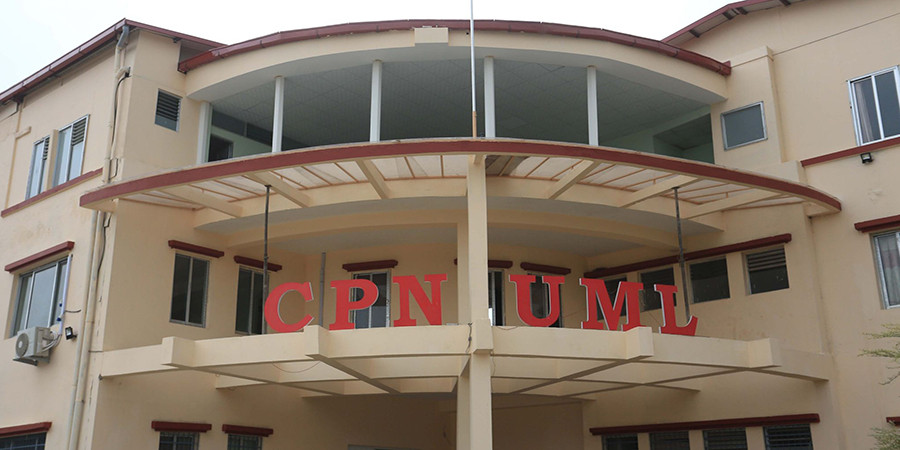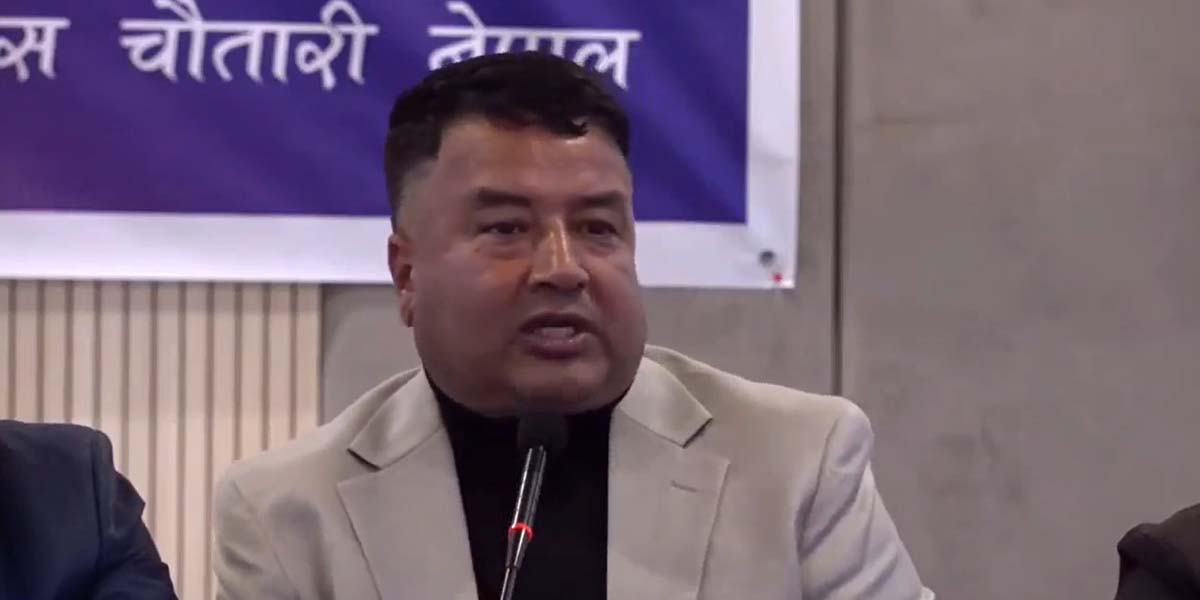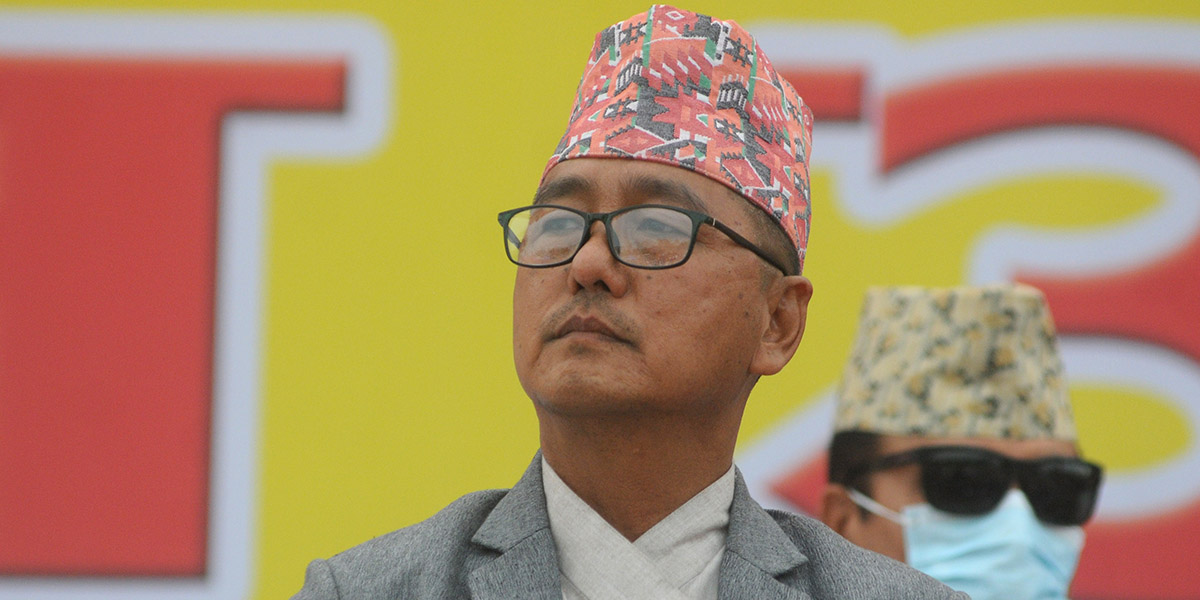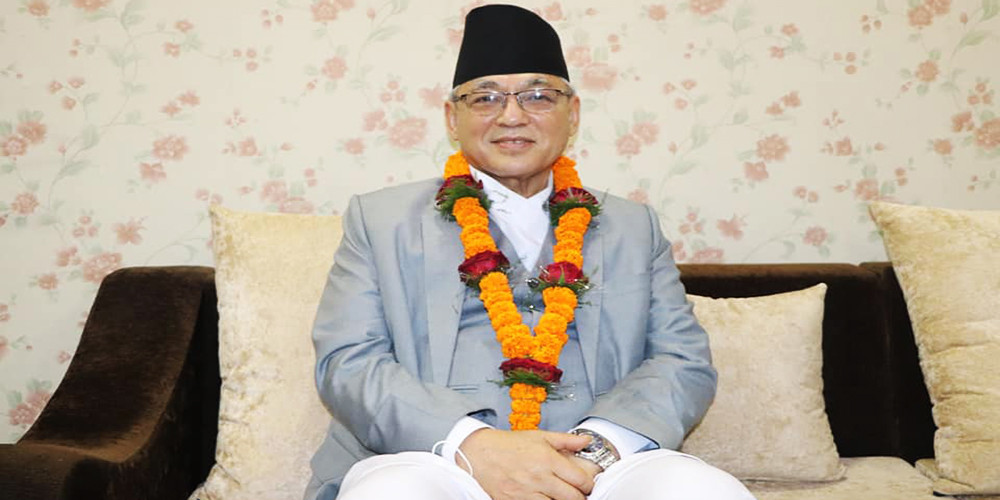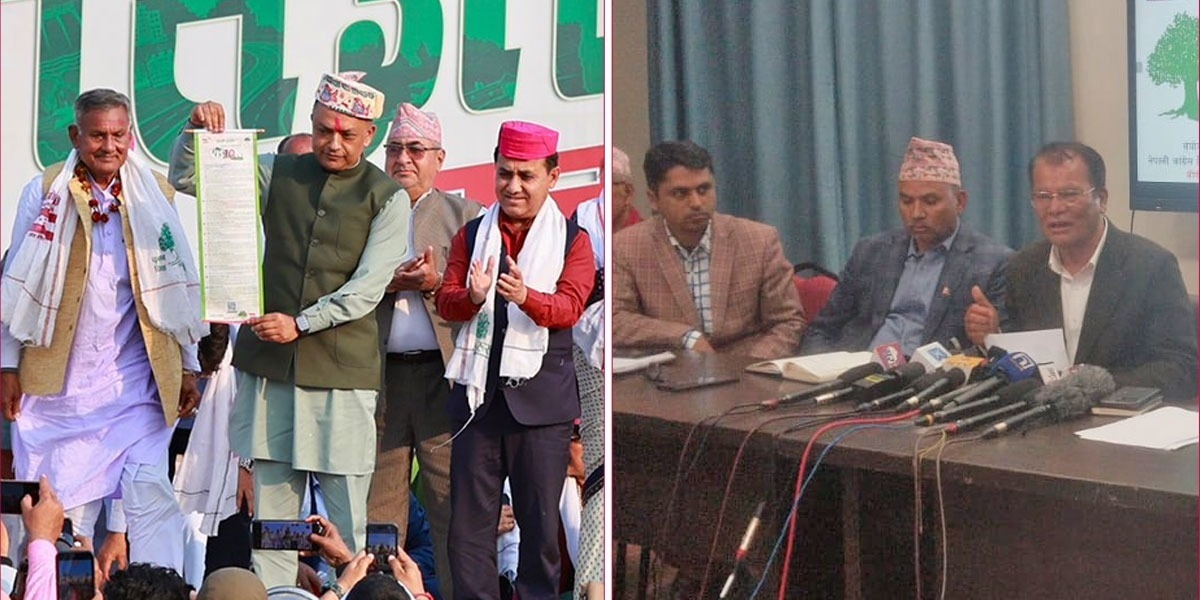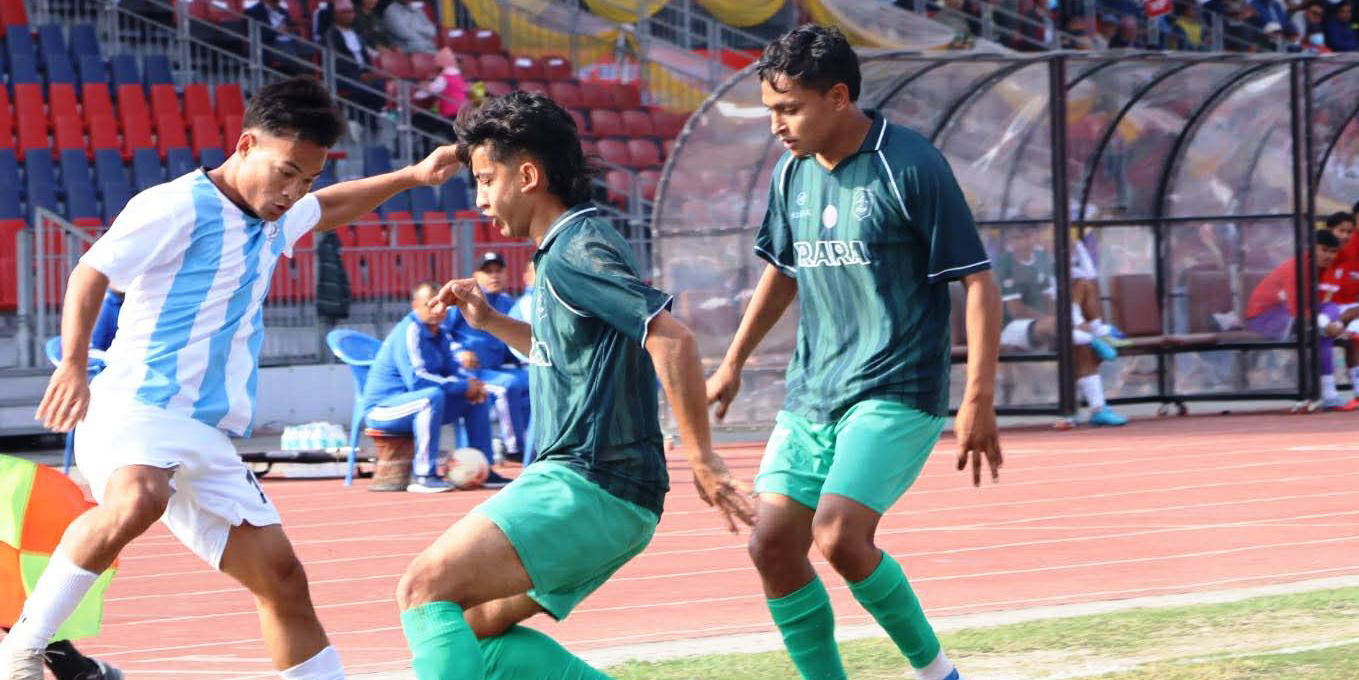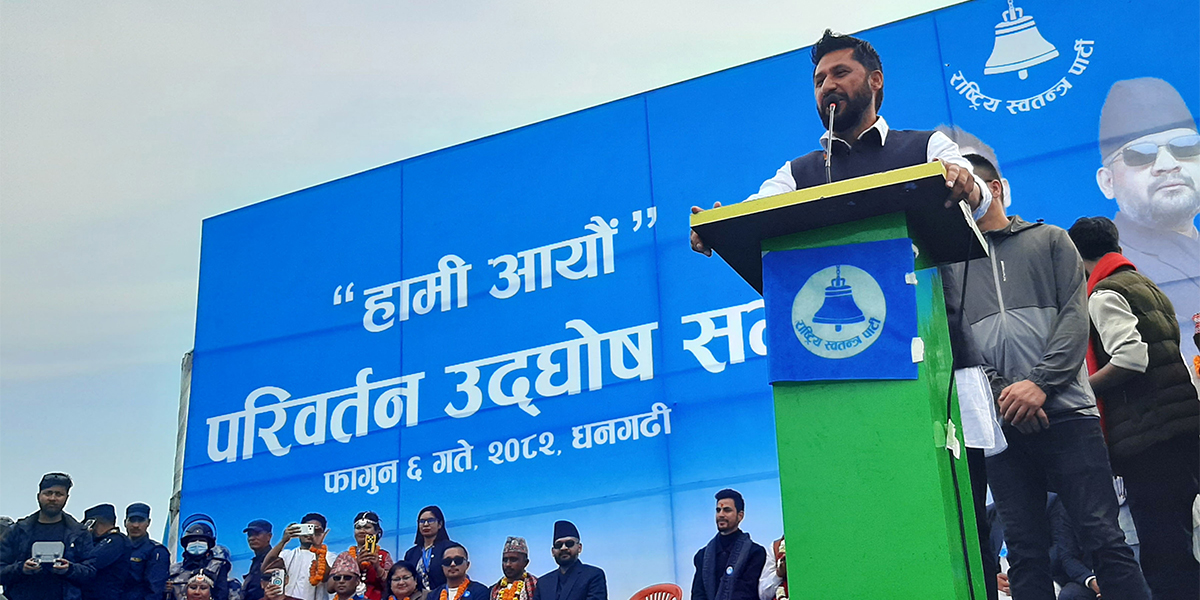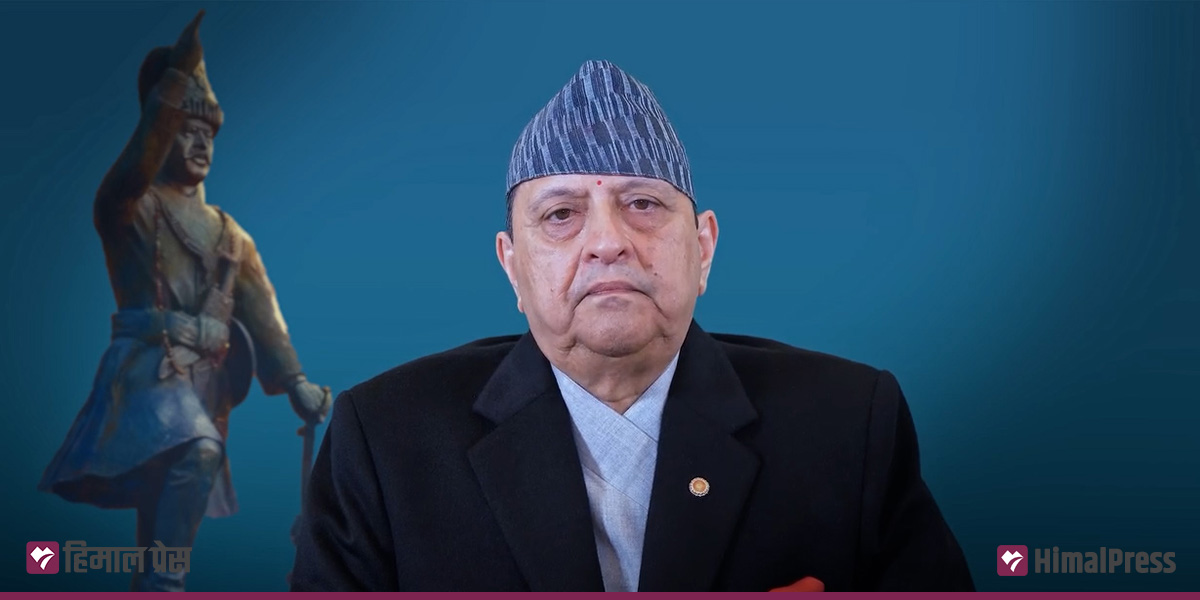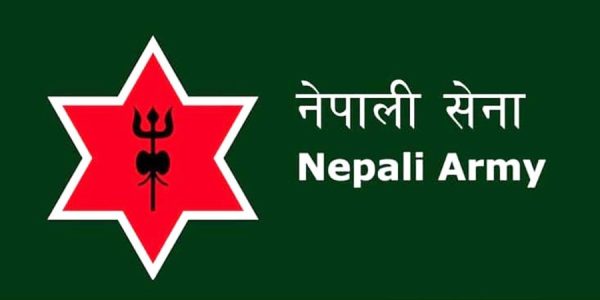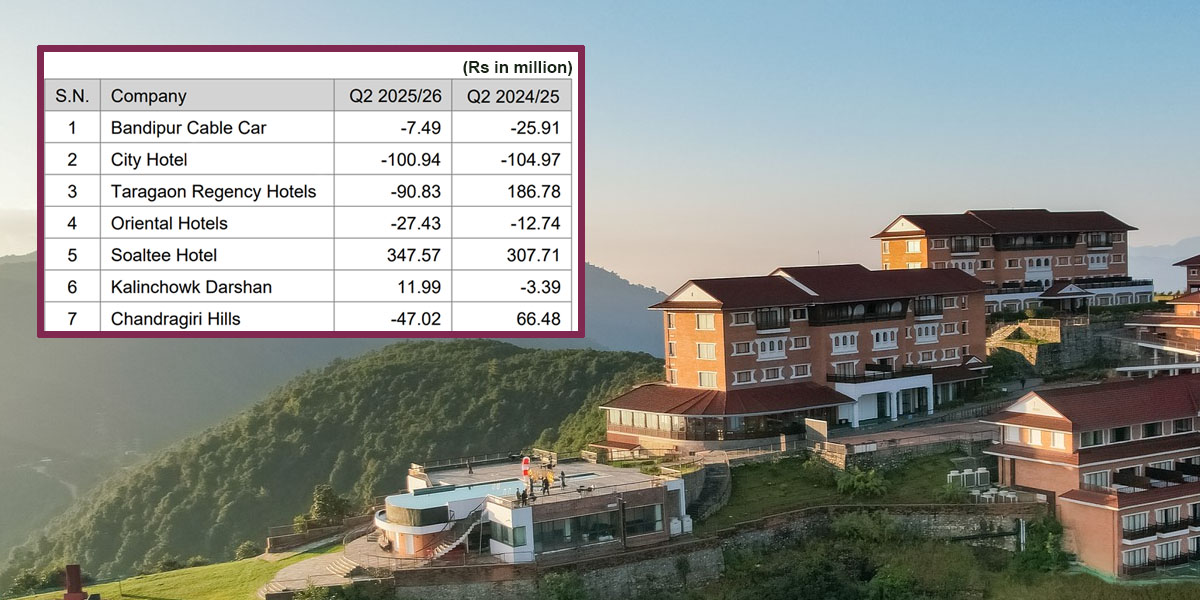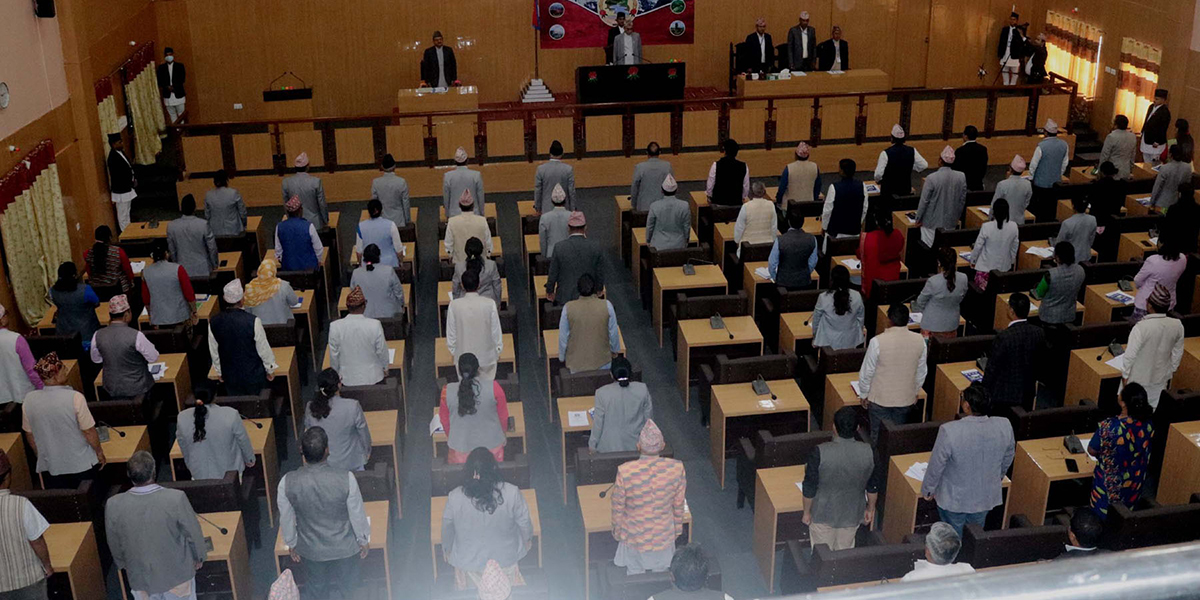 Koshi Province Assembly (File Photo)
Koshi Province Assembly (File Photo)
KATHMANDU: The fate of the Koshi Province Assembly now lies in the hands of the Rastriya Prajatantra Party (RPP). The important role of RPP in the power dynamics of the provincial assembly makes it a decisive factor in determining whether the assembly will complete its full term or head for mid-term elections.
Interestingly, the RPP positions itself as an anti-federalist force. Its leaders have been saying in public forums that the country cannot afford federalism and that it holds no significance in Nepal.
Koshi Province has witnessed five different governments within a year since the elections. All the measures prescribed in the constitution for government formation have been exhausted. The easternmost province has become synonymous with instability as no single party or coalition commands a clear majority. The interference from the center only exacerbates the situation.
The current government in Koshi Province was formed in a rather strange scenario. Kedar Karki of Nepali Congress (NC) became Chief Minister with the support of CPN-UML, even though NC, in the center, agreed to support Indra Angbo of CPN (Maoist Center) to become the chief minister. After central NC leaders backed Angbo to become chief minister, the anti-establishment faction of the party led by Dr Shekhar Koirala solicited UML’s support to form the government under Karki’s leadership. Later, the coalition partners of the center gave their vote of confidence to Karki. However, Karki’s recent appointment of ministers from the Maoist Center and CPN (Unified Socialist) has disrupted the balance, leading to the resignation of the UML minister and a potential collapse of the government if UML withdraws its support.
“We are compelled to seek support from other parties to salvage this government. We must prevent the dissolution of the provincial assembly at any cost,” said NC’s assembly member Khagen Hangam. “Our belief is that we should let the provincial assembly run its full term.”
To form a government in the 93-member Koshi Province Assembly, parties need the support of 47 members. The ruling coalition holds 47 members in the assembly – NC has 29, Maoist Center has 13, Unified Socialist has four, and Janata Samajbadi Party has one. The position f Speaker remains vacant. Similarly, UML has 40 members and RPP, who has often sided with UML, has six.
Despite RPP’s anti-federalism stance, the ruling coalition is urging the party to join the provincial government. “This is not the first time. The ruling coalition has been urging us to join the government. But we haven’t made any decision yet,” stated Mohan Shrestha, the spokesperson for RPP.
Shrestha revealed that the coalition has proposed the Speaker’s position and ministries of choice for RPP to join the government.

